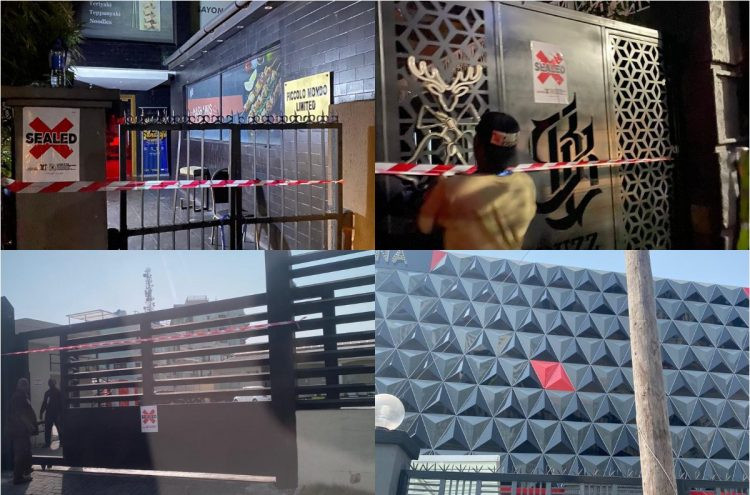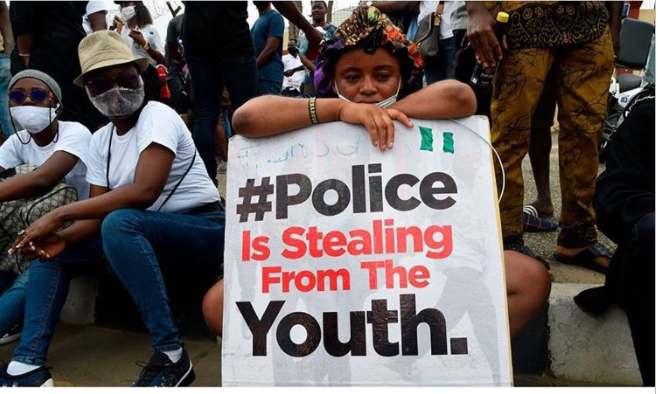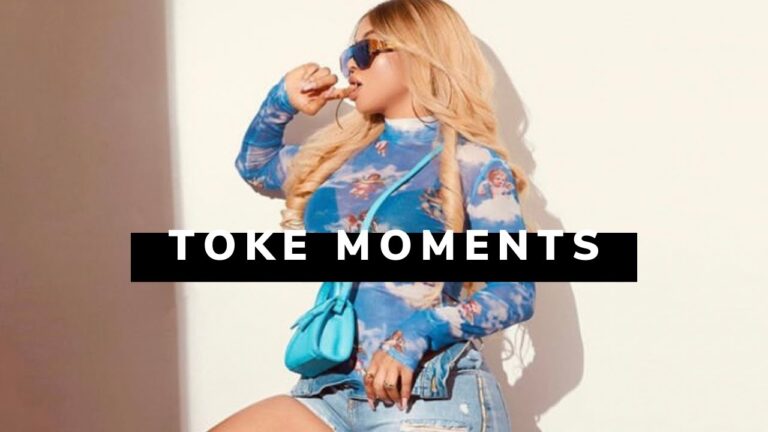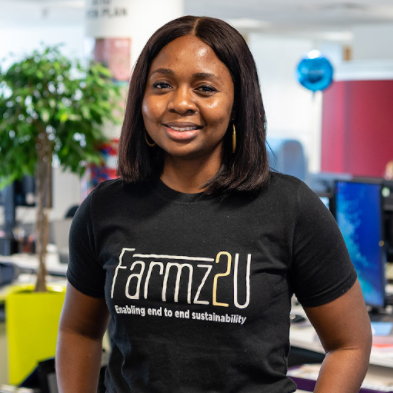Please note that every startup’s story is different. However, I’d like you to remember this: “If your products or services are high-quality, solves your target market’s problems and reflects your passion, the probability of achieving a profitable business is high.”
COVID-19 crisis has brought a change in the economic landscape. Like you, a lot of people are thinking of either starting a new business online or pivoting from what they used to do.
Do you have a great idea and want to become a business owner in these times? Just before you dive into it, are you sure that your idea is viable in the market? Before investing in a new business, the most important step to take is to assess your idea’s viability.
From my experience, these are just markers and not the general rules. Today, I’ve compiled a list of idea verification questions you must ask yourself to assess your business’ chances of success.
Have you done a full self-analysis?
Market research doesn’t have much significance if you are not well equipped to meet the demand of the market. This is why self-analysis is important. The questions you should ask must help you dig deeper than the surface and help you develop a plan to build your business as a solution to your target customer’s pain point. Additionally, asking these questions and getting the answers to them would help lay your business foundation.
Below are the examples of questions you should ask yourself before you start talking to others about your business:
- Why do I want to start a business?
- What problem does my business solve?
- Where will I find my target customers?
- How do I identify them online?
- What digital skills do I have?
- What are my business goals?
One go-to method I use and recommend is to write down the answers in a book or journal. This will help solidify your thoughts and serve as blueprints for laying the foundation of your business.
Do You Know Your Competitors?
Every business has competitors, irrespective of whether they are direct or indirect. There are people and brands who have built a strong digital presence long before this crisis, so naturally, customers will trust them.
Identifying your competitors would help you know what they are doing and how your business can stand out from the crowd. Looking at what other businesses in your niche or industry are doing will give you valuable insights into how to run your proposed business without suffering from losses.
A smart business owner should understand other businesses’ strategies and not get too caught up in what its competitors are doing.
Have You Evaluated Your Social Capital?
I’m sure that we all heard the saying, “It takes money to make money”. While the phrase might sound cliché, its meaning still holds till today. But online, social capital built from trust and proof are the currency you will need to build a successful digital brand.
Most times, you’ll use a combination of your personal stories and collaborations with trusted brands to convince customers to buy from you. You must create a digital sales funnel that highlights how the money will be spent and marketing strategies for generating revenue, despite the current times.
Have You Analysed the Pulse of the Market?
One of the best ways to validate your business idea is via your target market. How do you achieve this? The first step is to define or identify your target market. Your target market are people who will be interested in what you have to sell. After identifying them, the next step is to conduct effective market analysis on a small group (also known as a focus group).
Check out some of the ways you can test your business idea with target customers:
Have a focus group
A focus group consists of a small section of your identified target market that use your products or services and provide feedback. Using focus groups, conducting surveys and interviews show what consumers think about your business idea before you invest in it.
Ask groups on social media
Thanks to the internet and social media, you can seek validation or get people’s opinion about your business idea. From Facebook groups to WhatsApp and even Telegram, social media practically puts your target market at your fingertips, you can conduct a survey or run a poll to assess people’s general perceptions and if they think you should do anything differently.
Set up a crowdfunding page
If necessary, crowdfunding pages are also great for determining your business idea’s viability. Crowdfunding websites offer more than just investors. You can also gain valuable reactions, observations, and advice from like-minded individuals. Bonus: You might be lucky to find someone who wants to invest in your idea.
Using small groups to test your business idea determines consumer’s impressions about what you have to sell. If the small market tests are successful, there’s a good possibility that your business idea will be accepted by a larger audience.
How do you really know if your business idea is viable?
Unfortunately, while there’s no one way to determine a business success, careful planning, excellent marketing strategies and enough capital to get the business off the ground would go a long way.
Please note that every startup’s story is different. However, I’d like you to remember this: “If your products or services are high-quality, solves your target market’s problems and reflects your passion, the probability of achieving a profitable business is high.”
One last thing, ask yourself these questions:
- Desirability (target market) — will customers want it badly to buy it?
- Feasibility — can I build/execute it?
- Viability —will the profit I will make from it be greater than the expenditure I used to create or build it?









